Roughly 40 percent of Ukraine's electricity imports go through the Ukraine-Hungary border. The biggest energy problem facing Ukraine today is the electricity system, Oliver Hortay, head of the climate and energy policy unit at Szazadveg told M1. Since the outbreak of the war, the country has lost three-quarters of its electricity generation capacity, and consequently, has to have prolonged, unplanned blackouts from time to time.
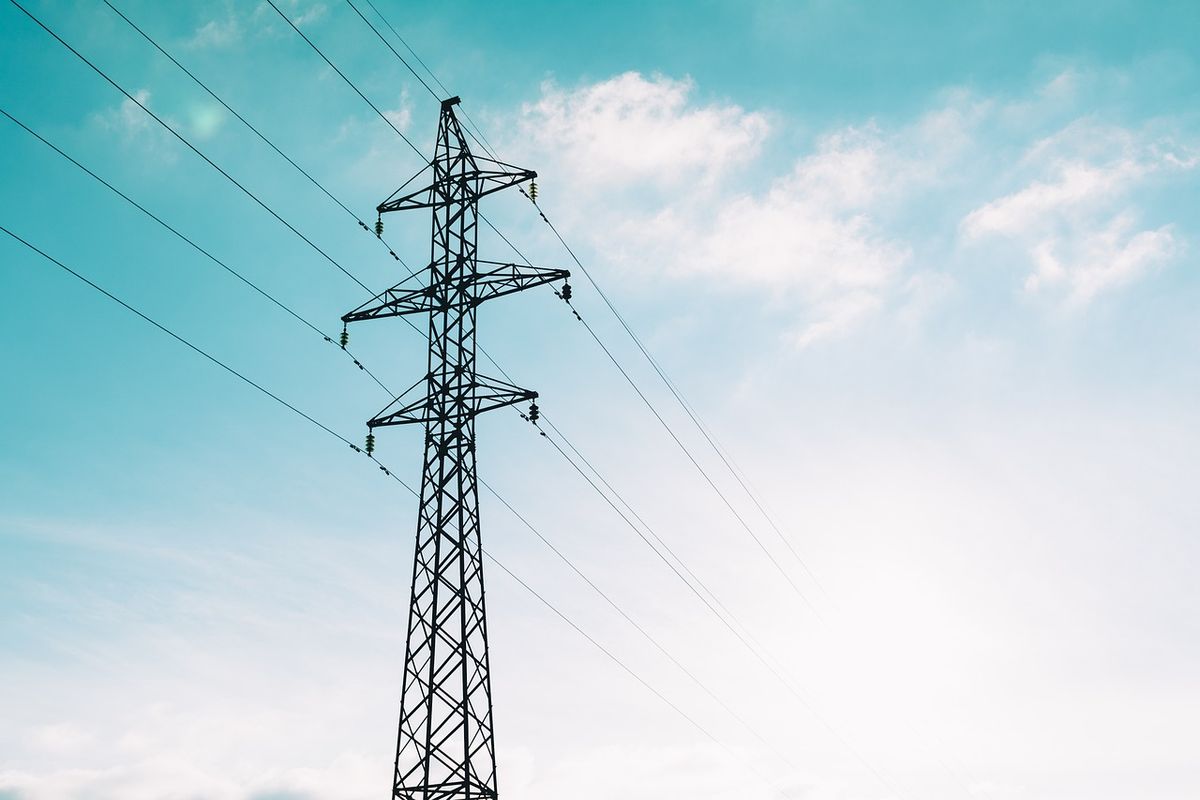
The former problem can be addressed to some extent by boosting electricity imports, he noted.
The share of Ukraine's electricity imports coming through Hungary has exceeded 40-42 percent on many occasions,
Oliver Hortay said, pointing out that the loss of this volume could very seriously impact Ukraine's supplies.
The Hungarian Transmission Operator MAVIR's station in Szabolcsbaka, eastern Hungary, is one of the main nodes of the European and Ukrainian electricity systems. This is the only substation in Hungary and the EU where there are 750 kV system components. About 40 percent of Ukraine's electricity imports go through here.
As is known, Ukraine has threatened to cut off oil supplies. In response to the concerns voiced by Hungary and Slovakia, the Commission said that in their view, Ukraine's move would not jeopardize oil supplies to the two countries. Minister of Foreign Affairs and Trade Peter Szijjarto rejected the EU's argument and called Croatia an unreliable transit country.
Speaking at the latest government press briefing, Gergely Gulyas, minister heading the Prime Minister’s Office, called it unfair and contrary to EU agreements that Ukraine is blackmailing Hungary and Slovakia for their pro-peace stance. This poses an extremely high risk to supply security, he said.
In this context, Oliver Hortay highlighted that the association agreement - based on which Hungary and Slovakia have initiated proceedings at the European Commission - "literally states that the parties cannot restrict each other's imports, exports or transit".
This self-evidently implies that Ukraine's action is unlawful and that the European Commission should convene a consultation forum without delay. Based on Thursday's information, the commission will not do so, citing that there is no direct supply security risk, and that the two countries would be able to replace Russian oil on the Adria oil pipeline coming through Croatia,
he said.
Lukoil provides a third of the oil needed by the Szazahalombatta refinery in Hungary, and 45 percent of the demand of the Bratislava refinery in Slovakia, Oliver Hortay explained.
If the loss of this volume does not cause a security of supply risk, it is not clear what would,
he pointed out.
The Adria oil pipeline has a theoretical maximum capacity of 11 million tonnes per year while the combined demand of Hungary and Slovakia is 12 million tonnes, and the Czech Republic also needs to be supplied, Oliver Hortay noted. Citing some kind of chemical process, Croatia claims that the capacity can reach 14 million tonnes, but it is not clear exactly how they think this is feasible, he added.
Cover photo: Illustration (Photo: Pexels)
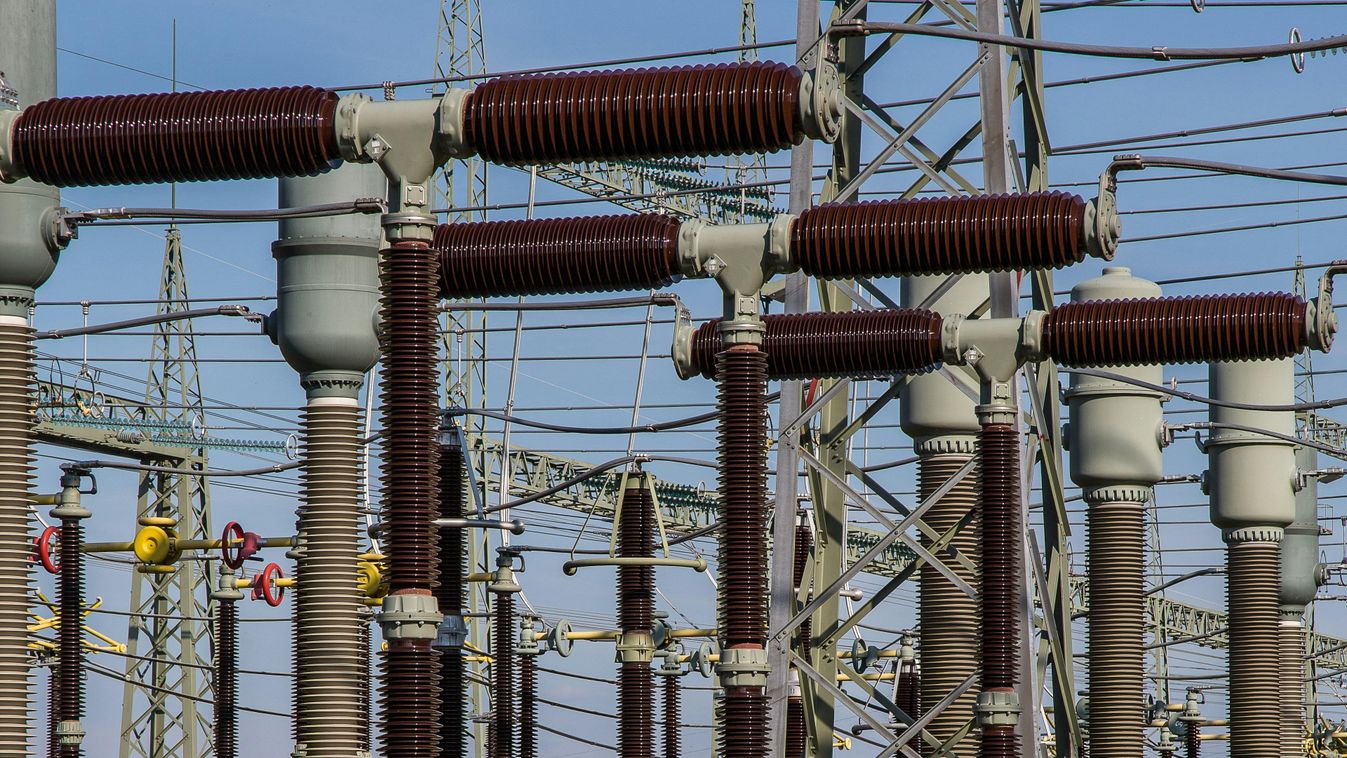





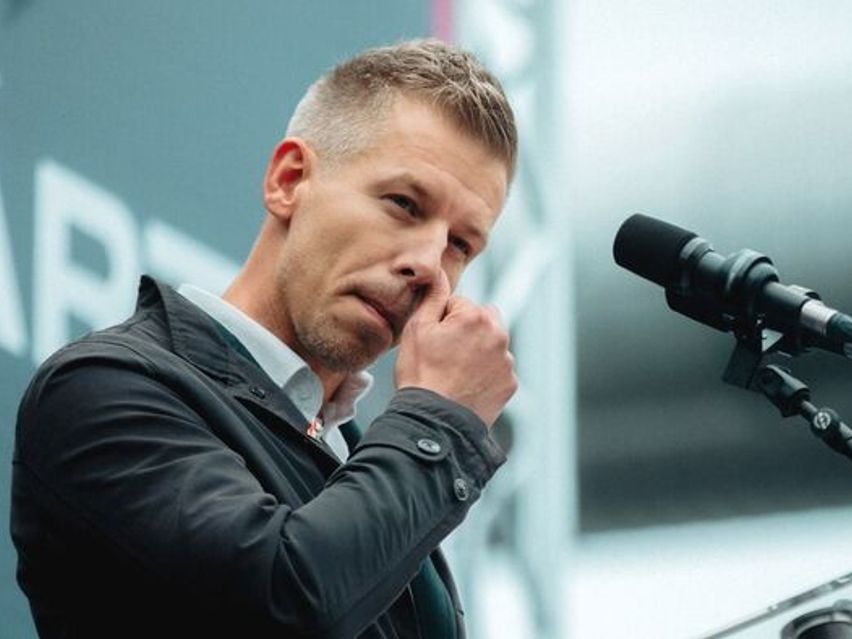
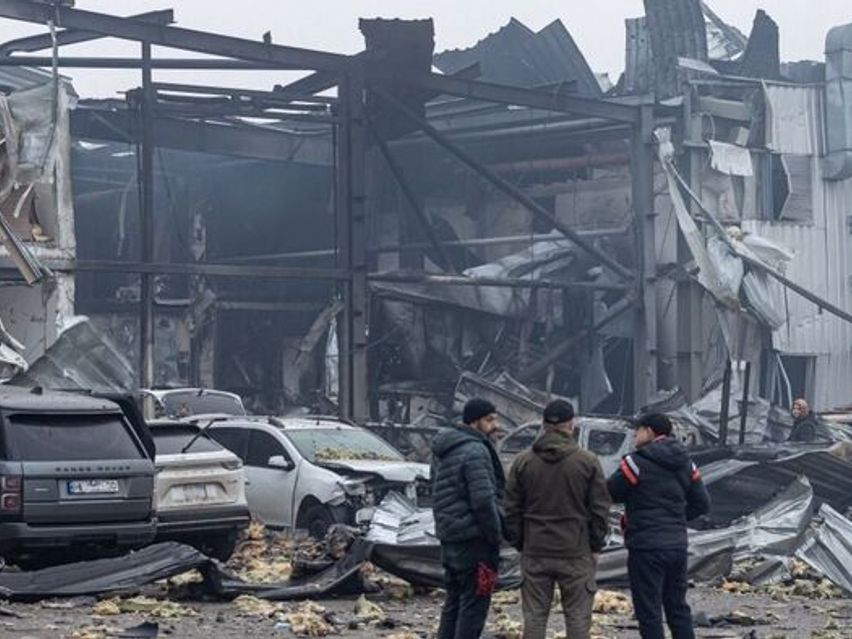



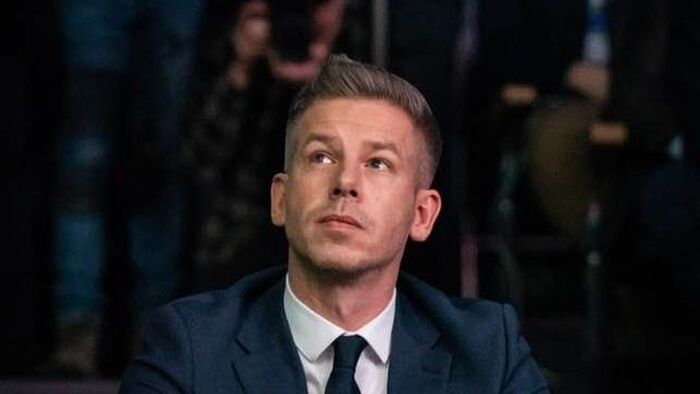


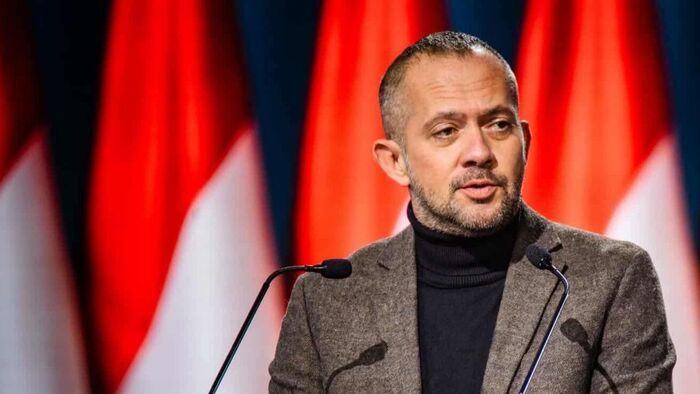
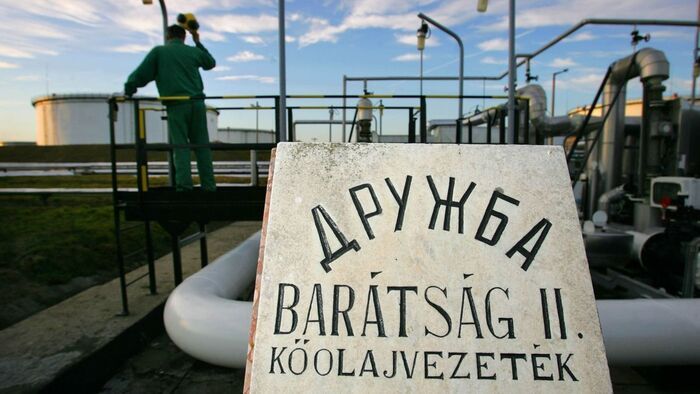
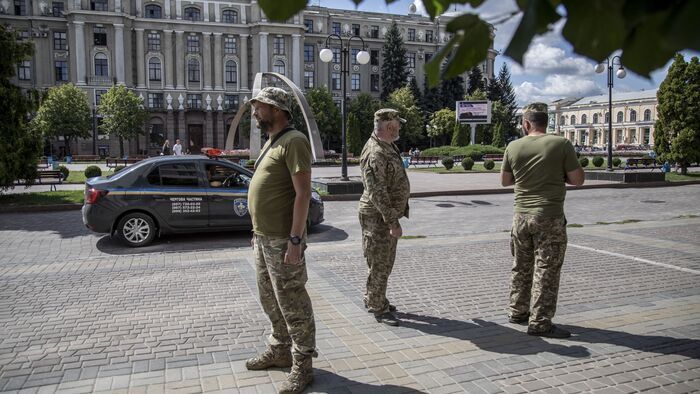


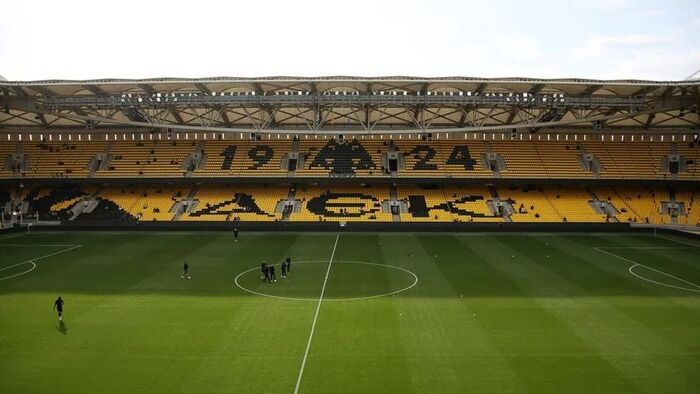



Szóljon hozzá!
Jelenleg csak a hozzászólások egy kis részét látja. Hozzászóláshoz és a további kommentek megtekintéséhez lépjen be, vagy regisztráljon!